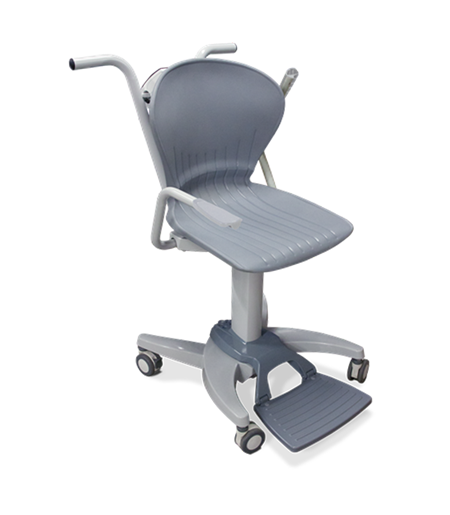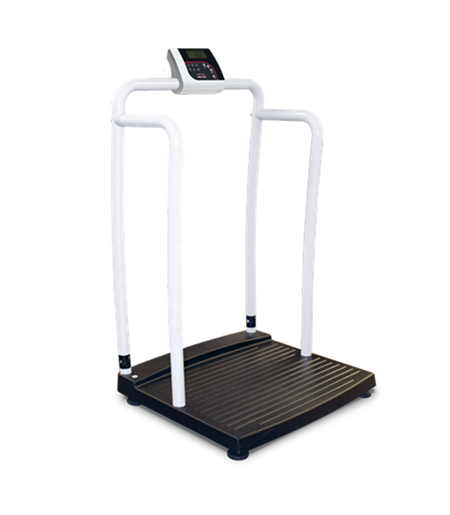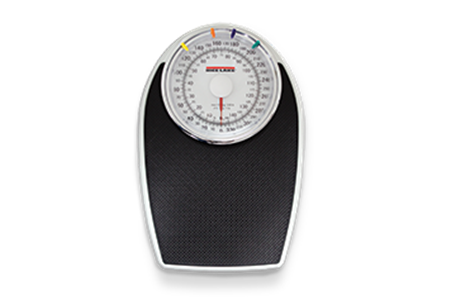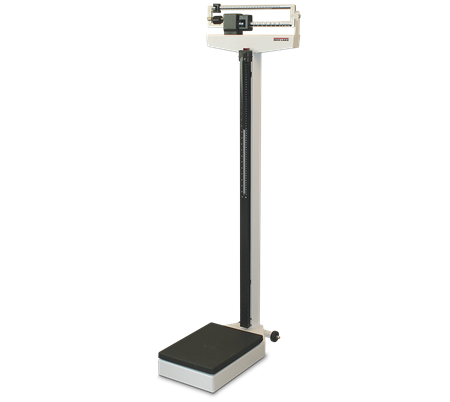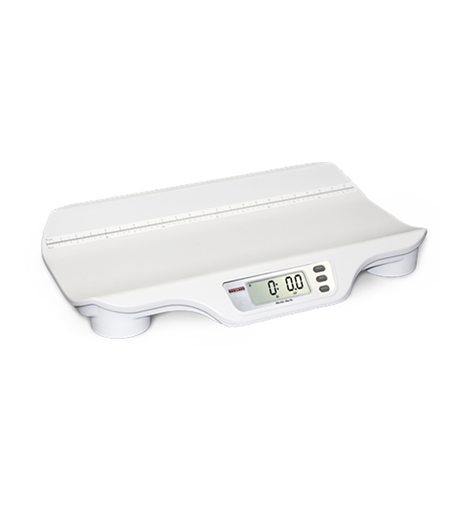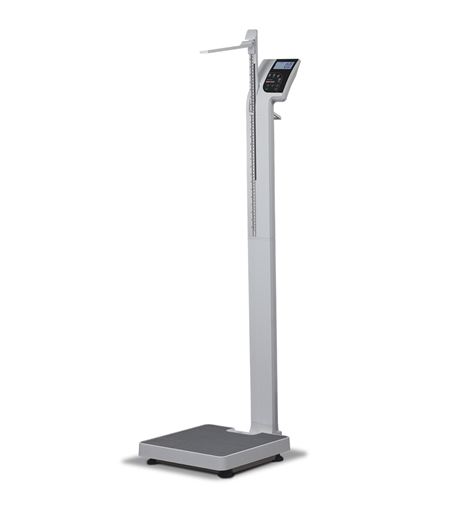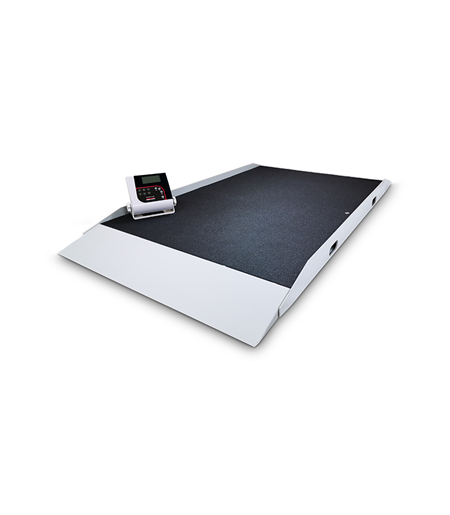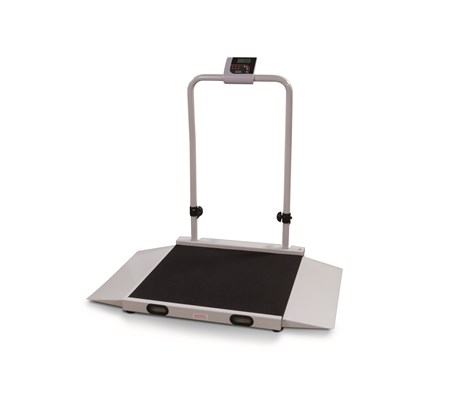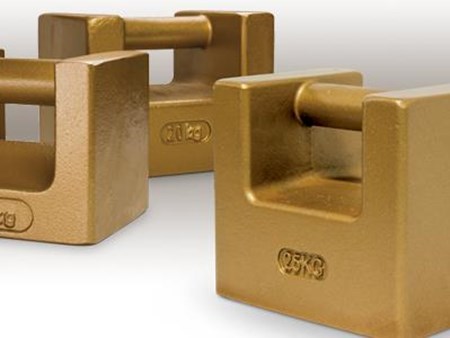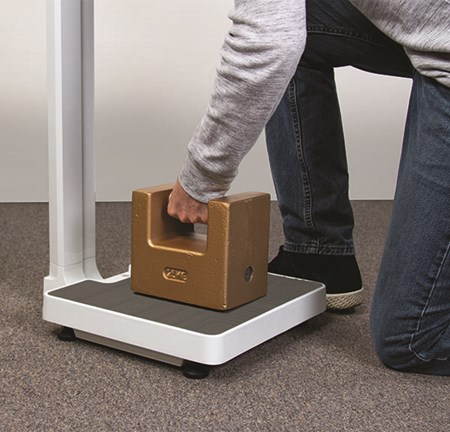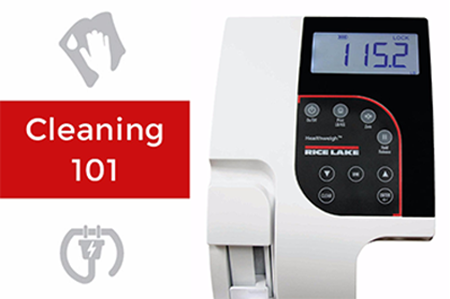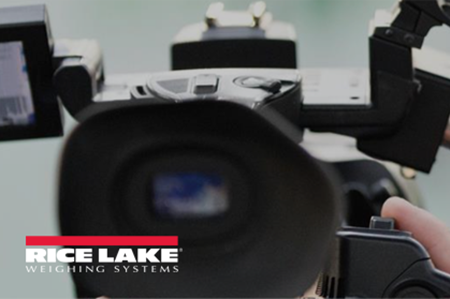Is the website displaying in the correct language? Please confirm or select a different language.
Your region has been set automatically. Please confirm or select a different region.
Maintaining Medical Scales: 5 Ways to Care for Your Scale
Proper medical scale maintenance is critical to a scale’s accuracy and performance. Use these five tips to help ensure lasting scale accuracy.
Publish Date: 05/03/2024
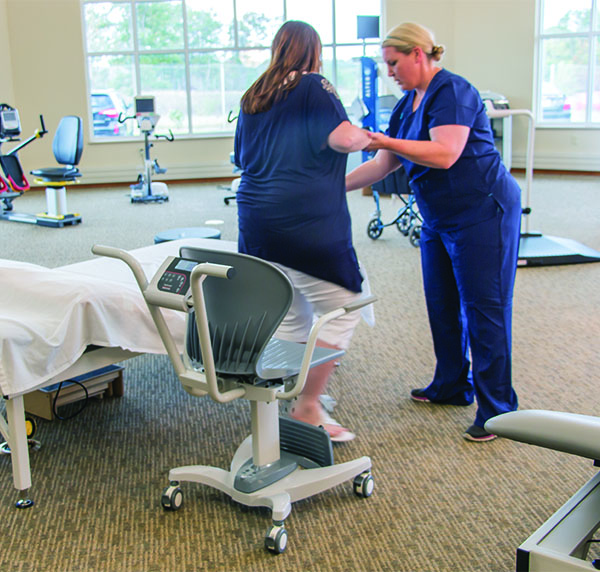

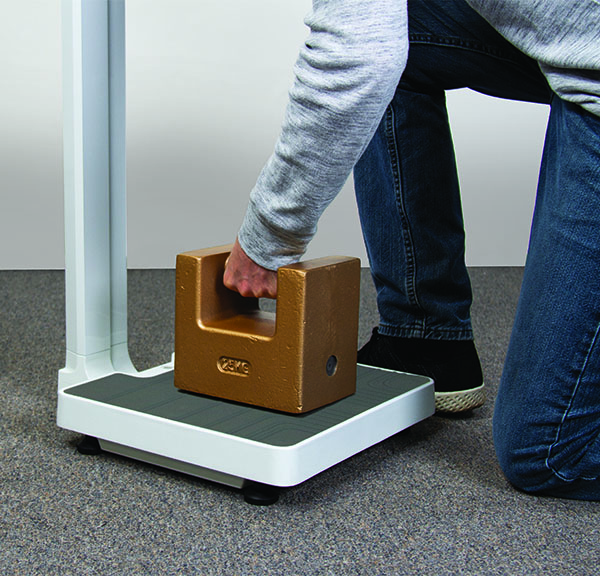
1. Find the Best Place for Your Scale
- When choosing where to place your scale, ensure it will be located on a flat, hard surface and avoid padded or thick carpeted floors.
- If a scale is placed on a surface that isn’t level or adequately supported, weight readings may be inaccurate.
2. Perform Basic Scale Maintenance
- Check the scale's overall appearance to ensure no apparent signs of damage.
- Inspect the condition of the AC adapter. Make sure it is intact and safe to use.
- Change the batteries when the low-level annunciator is indicated on the display.
- Only use the AC adapter supplied or recommended by the scale manufacturer.
3. Thoroughly Clean Your Scale
- Before starting the cleaning process, turn the power off and disconnect the scale from the AC power source if using the adapter.
- Clean all external surfaces with a clean, damp cloth or tissue. Mild soap and water solution may be used.
- Dry with a clean, soft cloth.
- Do not immerse the scale in cleaning or other liquid solutions.
4. Store Your Scale in a Safe Place
- Store your medical scales in a clean, dry place when not used.
- Avoid areas with high humidity and potential for water on the scale.
5. Learn How to Check Your Scale
- Using bodyweight or consumer barbell weights may not result in true accuracy.
- Use only certified calibration weights to guarantee your scale’s reading is correct.
- Refer to the scale manufacturer's manual for information about the recommended test weight percentage of your scale’s capacity. It is recommended to check your scale with 10% of the scale’s capacity or 100 pounds on a routine basis. This will establish a baseline and determine whether a scale is within acceptable tolerances or needs recalibration.
- Do not shock load or drop weights onto the scale.
- Always place weights in the center of the scale.
Follow these suggestions from Rice Lake Weighing Systems to ensure you’re getting the best use out of your healthcare scale. Rice Lake is an industry-leading medical scale solutions provider dedicated to offering safe, accurate, high-quality products for care facilities of all kinds. To learn more about our comprehensive line of medical scales, view our health scales.



 My Account
My Account
